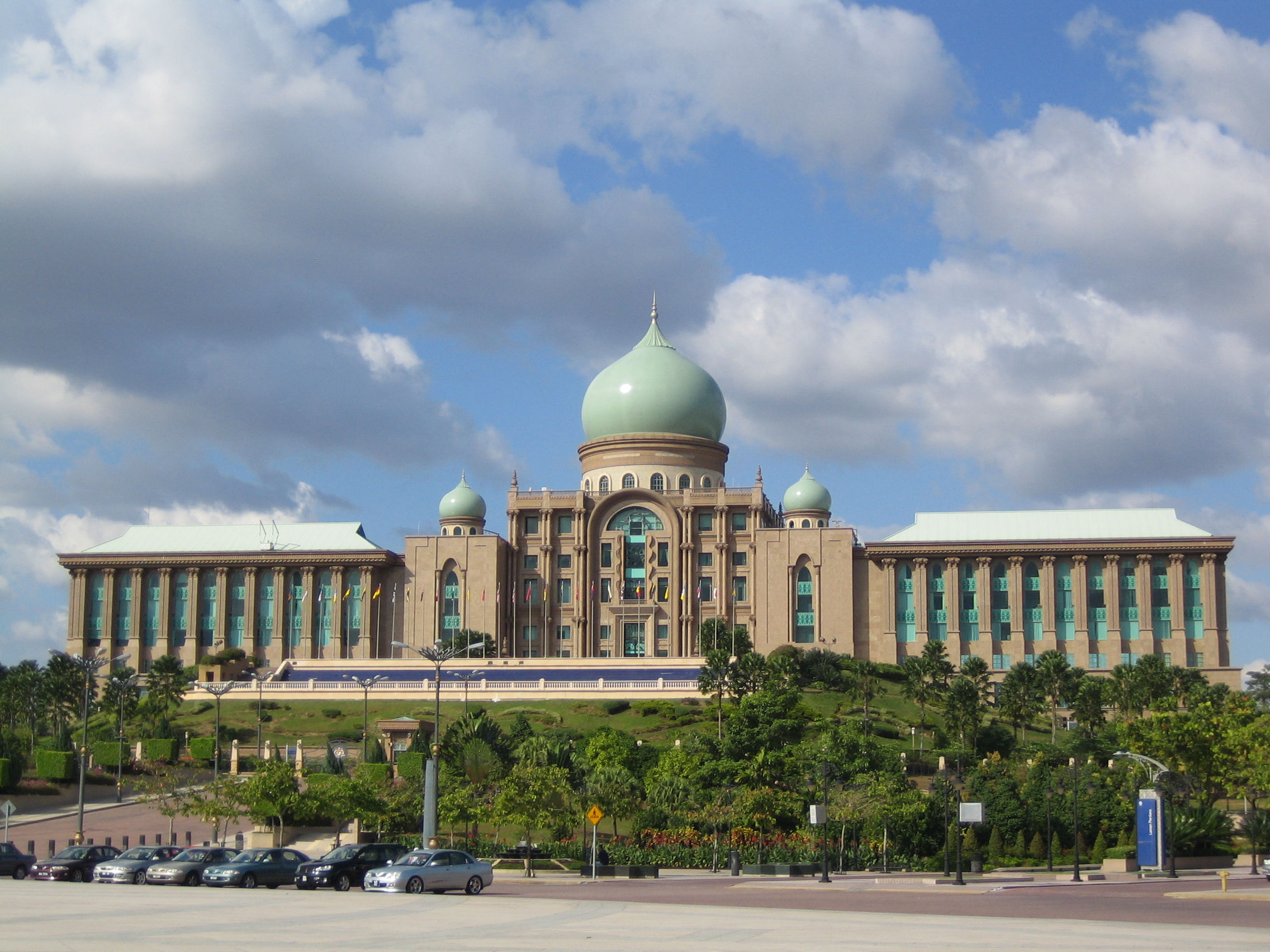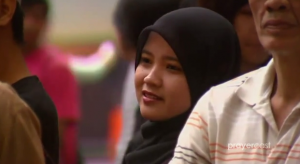 Malaysia (MNN) – Last fall, a Member of Parliament in Malaysia issued a public call for religious freedom, the first of its kind, according to the Religious Freedom Institute.
Malaysia (MNN) – Last fall, a Member of Parliament in Malaysia issued a public call for religious freedom, the first of its kind, according to the Religious Freedom Institute.
Ms. Kasthuri Patto was urging the government to sign the UN Declaration on the Elimination of All Forms of Intolerance and of Discrimination Based on Religion or Belief.
This year, Open Doors praised Malaysia in its annual release of the World Watch List for improvements in religious freedom issues, taking it from No. 23 to No. 42. Researchers noted the unprecedented 2018 election victory by the Pakatan Harapan, the country’s federal opposition prior to the election. The win raised hope among minorities.
Yet the response to the Catholic MPs religious freedom request revealed the depth of the schism between the different religious communities in Malaysia. A kerfuffle over a business building’s cross-like display and the aftermath underscores the tension.
Who has religious freedom?

(Screen capture courtesy of Prayercast)
The constitution defines ethnic Malays as Muslim and bans Shiites and other non-Sunni sects. It means that Muslims cannot officially convert to another religion. Malaysian courts also interpret legal questions involving Muslims and non-Muslims through the lens of Sharia laws, sometimes overriding the rights of the non-Muslims.
For as much as the conversation centers on the religious freedom issues and their impact on the Christian community, Voice of the Martyrs Canada spokesman Floyd Brobbel observes that, “…probably the greater religious freedom restriction would be against Muslims, because they are not allowed to convert to any other religion. So there’s no freedom of religion for Muslims in the country, because they can’t convert.”
Yet that hasn’t kept the Gospel message from getting into people’s hands. The problem is, “If they do convert, especially if they convert to Christianity, this puts pressure on Christians who are doing the work, but also on churches that are trying to remain neutral, trying to stay under the radar. There certainly are churches that would be hesitant to evangelize for fear of retaliation from the government.”
Brobbel says, “There are some real concerns by Christians and other religious minority groups in Malaysia with some of the restrictions that are happening in Malaysia. Certainly, it seems that religious freedom is deteriorating in the country and things are becoming very problematic.”
However, when asked if there was any one thing that set off alarms, he said it’s been a subtle shift. “For Christians, at least, in terms of evangelizing, restrictions on Bibles and Christian literature—that’s been happening for a while, but it certainly is being heightened again. I think probably, the main concern that the Malaysian government would have is that Christians would use these resources, not for their own growth or learning, but to propagate their religion.”
What now?

(Screen capture courtesy of Prayercast)
How do Gospel workers proceed in Malaysia? Recently, the government arrested and deported a group of Finnish Christians for distributing Christian pamphlets. However, it’s evident there are followers of Christ and that there are new Christians, too.
“I think we need to continue to pray that the Church would continue to stand for truth,” Brobbel says, adding that, “The Bible tells us to be wise as serpents, innocent as doves. I think Christians in Malaysia certainly need to understand how to do that and we, as believers in the West, need to delve into those issues a little bit more and pray into those issues.”
Pray for creative wisdom for Christians as social pressure threatens to deepen the differences between the faith communities in Malaysia. “Continue to pray that the Lord would speak to the hearts and minds of Muslims and reveal Himself to them so that they can come to know Jesus as the Way, the Truth and the Life and make those changes in their lives that would bring honor and glory to Him.”
